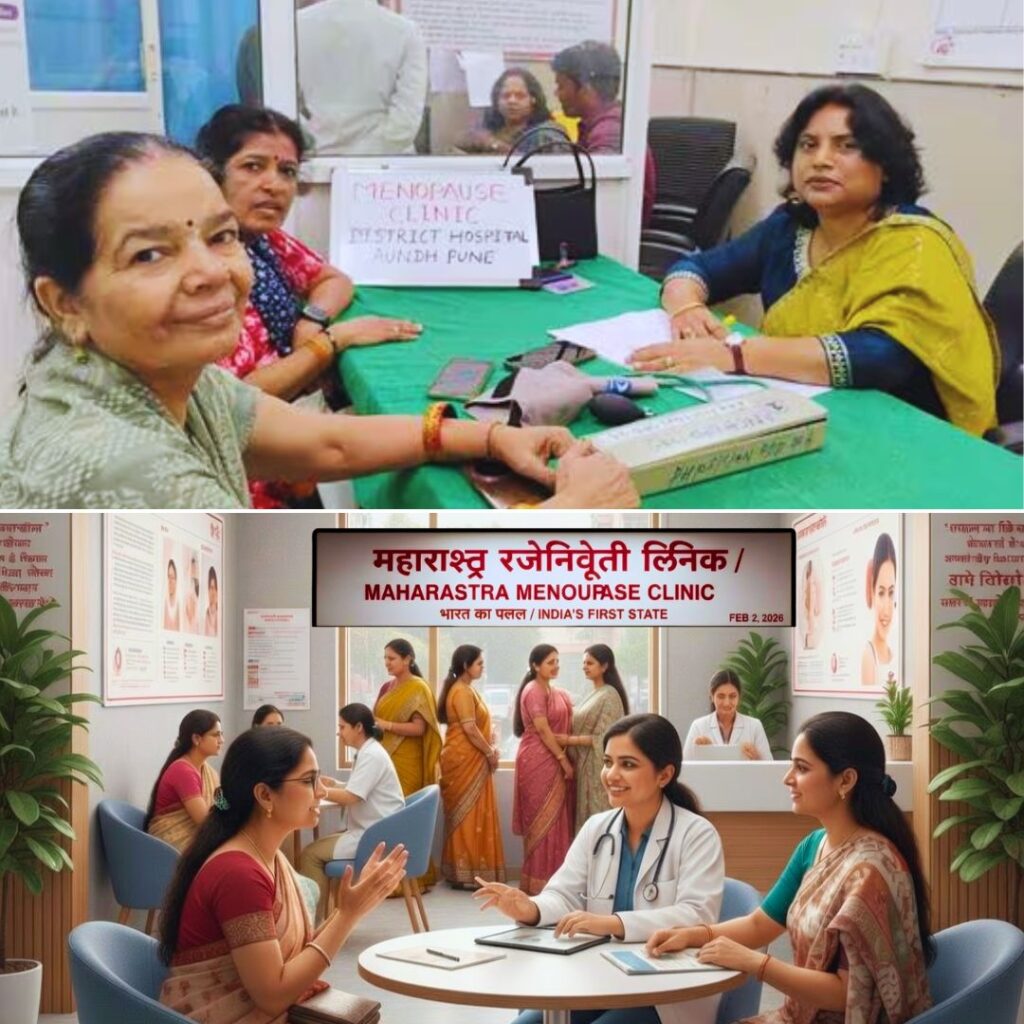A 10-year-old boy undergoing treatment for cancer at the State Cancer Institute in Jaipur, Rajasthan, died on December 11, allegedly after being bitten by a rat. While hospital officials claim his death resulted from septic shock and severe infection, the boy’s family insists that the rat bite was the cause. In response, the Rajasthan government has established a three-member committee to investigate the incident and ensure accountability.
Incident Overview
The young patient was admitted to the State Cancer Institute for blood cancer treatment. On the night of December 11, family members heard him crying out in pain and found blood oozing from his toe, which they believed was bitten by a rat. They immediately notified the nursing staff, who provided first aid. Despite their efforts, the child succumbed to his injuries shortly thereafter.
Dr. Sandeep Jasuja, the hospital superintendent, confirmed that the boy had been suffering from fever and pneumonia in addition to his cancer diagnosis. He stated that while there was an initial report of a rat bite, further examinations did not reveal any signs consistent with such an injury. Instead, he attributed the child’s death to septic shock caused by severe infection, a common complication in patients with weakened immune systems.
Government Response and Investigation
Following this tragic incident, the Rajasthan government reacted swiftly by forming a three-member investigative committee tasked with examining the circumstances surrounding the boy’s death. This committee includes officials from the Rajasthan Medical Education Society (RAJMES) and is expected to deliver its findings within three days.
Ambrish Kumar, the medical education secretary, has requested a comprehensive report from the principal of Sawai Man Singh Medical College, which oversees the State Cancer Institute. Kumar emphasised the need for stringent cleanliness standards and safety protocols within healthcare facilities to prevent similar incidents in the future.
Broader Context of Healthcare Standards
This heartbreaking event has reignited discussions about hygiene and safety standards in public healthcare facilities across India. Reports of rodent infestations in hospitals have raised significant concerns regarding patient safety and care quality. The family’s allegations regarding inadequate hospital conditions highlight an urgent need for systemic improvements in sanitation practices and patient monitoring.
In recent years, several incidents involving unsanitary conditions in public hospitals have come to light, prompting calls for reform from healthcare professionals and advocacy groups alike. The necessity for rigorous inspections and accountability measures is paramount as patients deserve environments where they can receive medical care without fear of additional harm.
The Logical Indian’s Perspective
The tragic death of this young boy serves as a critical reminder of the pressing need for reforms in our healthcare system, particularly concerning hygiene and patient safety standards. It is essential that we advocate for environments where patients receive not only effective medical treatment but also care and protection from harm. This incident raises important questions about how we can collectively push for accountability and improvements in public health facilities.
As a community, we must engage in constructive dialogue about healthcare reforms and advocate for policies prioritising patient well-being. How can we ensure that our healthcare system safeguards its most vulnerable members? Your insights are invaluable as we strive for a compassionate healthcare system that prioritises every patient’s safety and dignity.












